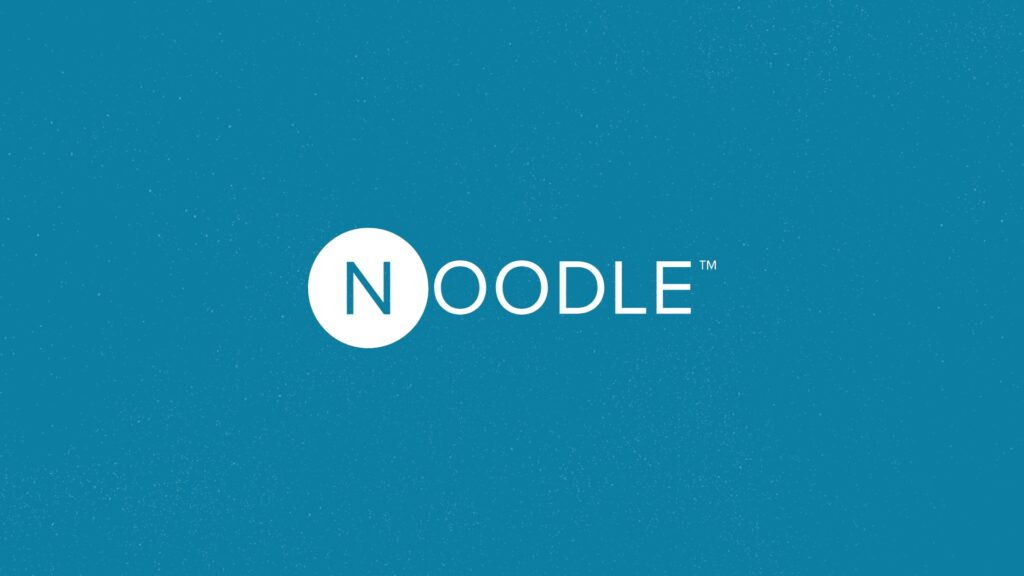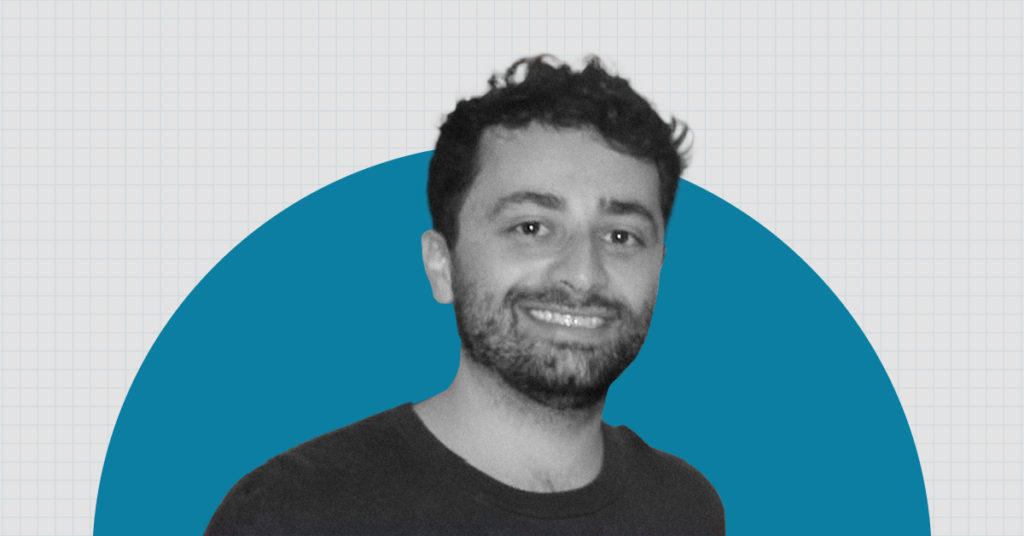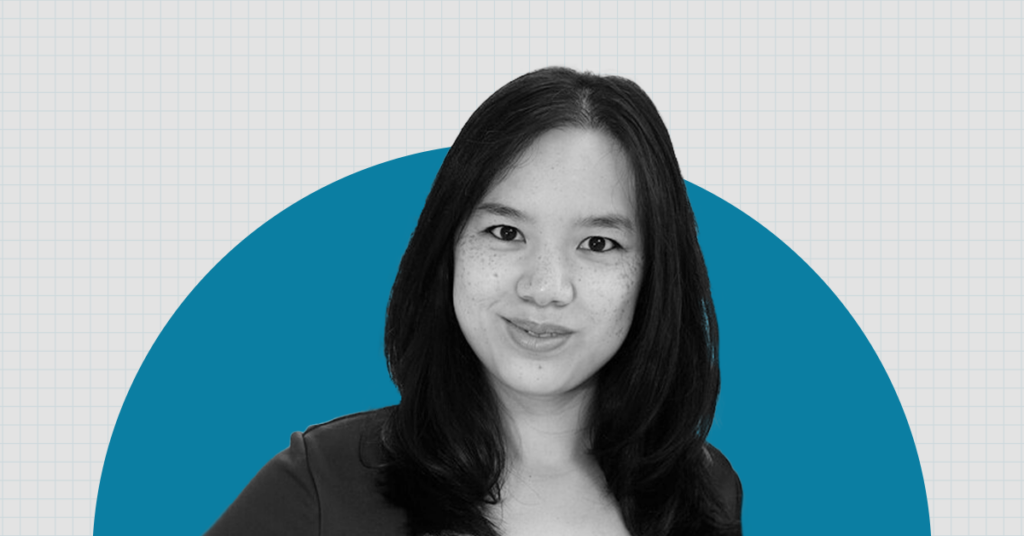Get to Know Noodle Associate Director of Sales and Marketing Communications, Evan Siegel
…a great leader can recognize the people around them and the value they bring to the table.
Evan Siegel is an Associate Director of Sales and Marketing Communications here at Noodle. Originally from Long Island, NY, he earned his Bachelor of Arts in Psychology and Spanish with a minor in Comparative Literature from University of Rochester. He also earned his Master of Science in Education from University of Rochester. Evan shares that education has always been a focus of his, beginning in high school when he was a Hebrew school teaching assistant at his synagogue. This passion for helping and teaching others carried over into his career where he’s spent more than a decade in Edtech. Here at Noodle, Evan supports his team through centering and valuing collaboration, thinking outside the box and giving credit where it’s due.
What elements or traits does a great leader exhibit?
From my perspective, a great leader has to have a little bit of everything. They need to have a vision and be strategic. Great leaders also need to be personable, authentic, open-minded, communicative, dependable, and self-aware. Being personable, authentic and communicative promotes building strong working relationships that serve the big picture while creating a productive and enriching professional environment. When a leader is self-aware, they recognize their strengths and flaws, and they use that information to positively impact their work. A great leader can also see the big picture of where their team is headed and works to support them to get there.
Great leaders are also open to new ideas, possibilities, perspectives, and demonstrating a willingness to change when needed. They are dependable because flakiness or a lack of follow through doesn’t promote success. Finally, a great leader can recognize the people around them and the value they bring to the table. Being strategic means knowing how to leverage team members’ strengths to accomplish both shared and individual goals.
When you think of great leadership, who comes to mind? Why?
I had a manager earlier in my career who embodied a lot of the characteristics that I mentioned a great leader should possess. They come to mind because when I was new to my role at the time, this manager gave me guidance as well as space to learn on the job. For example, I had to build out a multi-month project plan that involved pieces from a number of different stakeholders. This manager met with me, provided a template for how the plan could look, but didn’t tell me how it should look. They gave me a week to work through a draft and in our next meeting, had me present the draft and provided me with constructive feedback. Instead of just giving me the answers they supported my learning and development. This approach is something I continue to pay forward.
How has your personal leadership style evolved?
I’m a very detail-oriented person and often enjoy getting into the weeds on projects in order to make them the best they can be. However, as I’ve grown as a leader I see that stepping back and giving others the space to dig into the details so I can focus on the big picture is important.
What is it about your background or career experiences that successfully positioned you for your role at Noodle? Describe that role.
Noodle is evolving and being flexible, a self-starter and able to go with the flow is imperative. I developed these traits in my role as an international field admissions counselor at my previous company, 2U. I started there as an admissions counselor with the University of Southern California Rossier School of Education partnership. We recruited for a number of programs, including the online Master of Arts in Teaching for Teaching English to Speakers of Other Languages (MAT TESOL). In an effort to expand the footprint of the program abroad, about two years into my tenure at the company, the team created a new role called “international field admissions counselor.” The MAT TESOL program already had a presence in Asia, specifically South Korea, so the thought was to send an admissions counselor to Seoul to network on-ground. With a handful of recruitment cycles under my belt and a passion for travel, I decided to throw my hat in the ring and got the job.
When I landed in Seoul I had to be flexible and adaptable. I didn’t speak Korean, I was only connected with two friends of friends via email and had to find a place to live. No one had ever done this job before so it was up to me to draw the blueprint. In time, I networked with current Rossier students and alumni, hosted information sessions and social hours, built partnerships with local international schools, developed a multi-faceted marketing strategy, and successfully welcomed a number of master’s students in the USC student community.
Looking back, this role definitely prepared me to work at Noodle. It reinforced my ability to think outside the box, take chances, learn from mistakes, and perhaps most importantly, to be my own advocate.
How do you support the success of your team?
I support my team’s success by giving credit where credit is due— not just directly to my teammates but sharing this praise with the broader Noodle community. One of my favorite parts about working at Noodle is the opportunity to collaborate with others and I’ve been fortunate to lead a handful of successful projects with the support of other Implementation team members. Although I may have delivered the finished product, I made sure to recognize my colleagues’ contributions, including with posts in the #noodle-shout-outs Slack channel. On Implementation, with portfolio-wide initiatives on aggressive timelines, the saying “it takes a village,” holds true. We sometimes can get siloed in our own areas at Noodle, so I get great joy from sharing our team’s successes with the broader organization.
Describe how your career has been enhanced by exposure to diverse people, places or experiences.
I have been fortunate to work in a number of professional environments where the leadership team prioritized multiple types of diversity when building their workforce. Here at Noodle, I regularly engage with individuals who come from a different place than me, identify differently than I do, and have different strengths and areas of opportunity. This creates space for meaningful personal and professional growth.
I also think my time working in Seoul, South Korea that I described earlier greatly enhanced my career. During that time, I not only interacted with diverse people on a daily basis, but living in an environment that was very different from those where I grew up, went to school, and lived as a young professional pushed me to adapt and develop skills that continue to serve me today.
What are some of the most effective tools in your leadership arsenal?
I think two of my most effective leadership tools are active listening and being open to feedback. Being an active listener, whether it’s with your manager, teammates, people you manage, internal stakeholders or clients is incredibly important. It’s more than just hearing what someone is saying, but seeking to understand meaning and intent behind their words. In my experience, my ability to actively listen has promoted strong working relationships and led to greater professional successes.
Being open to feedback means you don’t just hear the feedback someone provides, but you take it in with a positive attitude and apply it toward self-improvement. In my career, I have received feedback from a number of different places and in many cases, level wasn’t relevant. While some of the constructive feedback is tough to hear, I always do my best to use it to my advantage and become stronger.
Please tell us something about yourself that people would be surprised to learn.
I’ve been a skier since around the time I could walk!



